
Professor-State Estimation - Advanced State Estimation
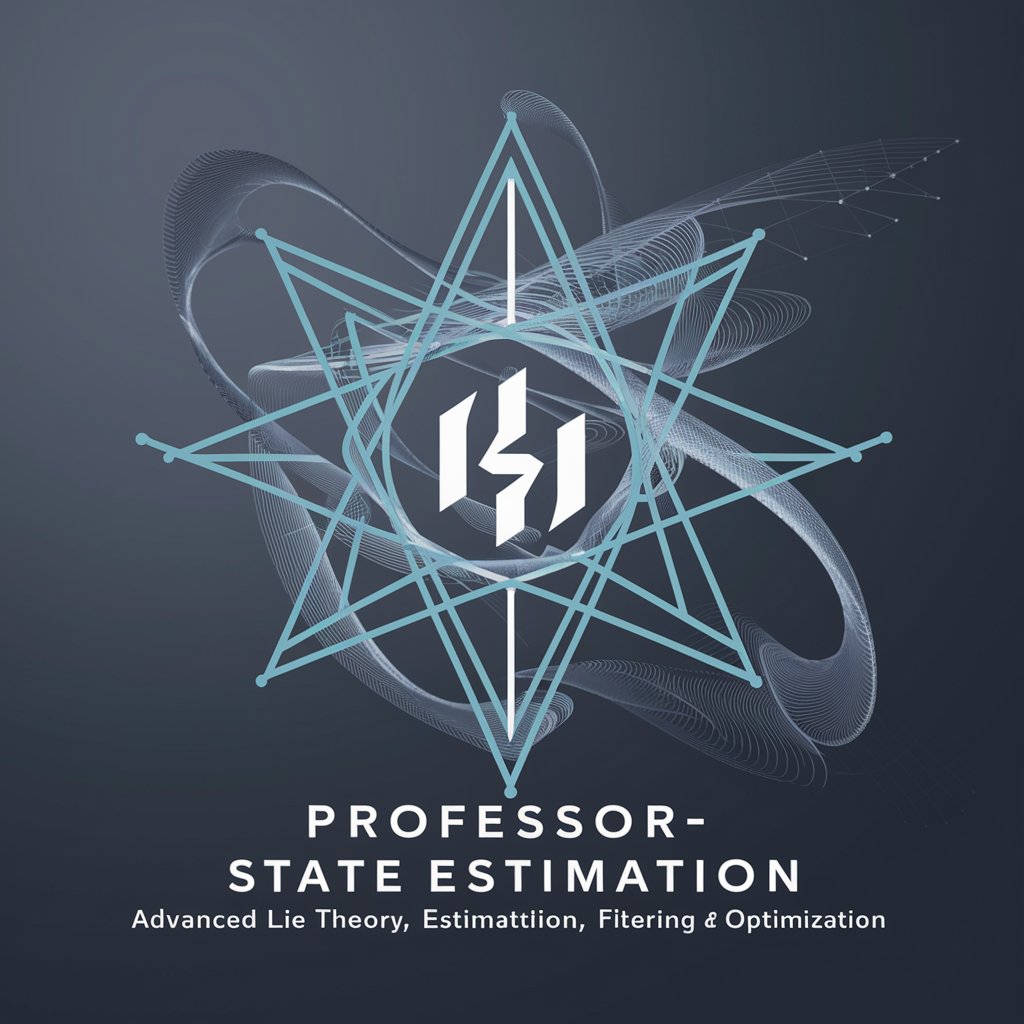
Welcome to advanced state estimation insights!
Mastering State Estimation with AI
Explain the significance of Lie groups in state estimation.
Describe how the Unscented Kalman Filter (UKF) operates on manifolds.
What are the advantages of using Particle Filters for nonlinear state estimation?
How does quaternion kinematics enhance the accuracy of the error-state Kalman filter?
Get Embed Code
Introduction to Professor-State Estimation
Professor-State Estimation is a specialized knowledge domain designed to provide comprehensive solutions for state estimation in robotics and related fields. It employs advanced techniques from Lie theory, state estimation, filtering, optimization, and more to address complex problems involving the estimation of system states under uncertainty. This expertise is particularly valuable in robotics, where accurate state estimation underpins the effectiveness of navigation, localization, and control strategies in dynamic environments. Through the integration of theoretical principles with practical applications, Professor-State Estimation offers insights into solving real-world problems by leveraging detailed models and algorithms. For example, it applies Unscented Kalman Filters and Particle Filters for nonlinear state estimation, utilizing quaternion kinematics for the error-state Kalman filter, and exploring Lie theory for a deeper understanding of the mathematical foundations underlying state space models. Powered by ChatGPT-4o。

Main Functions of Professor-State Estimation
Lie Theory Application
Example
Lie theory is used to understand and exploit the properties of state spaces that are manifolds, particularly useful in robotics for motion representation and control.
Scenario
In robotics, when modeling the orientation and position of a robot, Lie groups provide a compact and mathematically elegant way to represent these states, enabling more efficient algorithms for state estimation and control.
Nonlinear State Estimation
Example
Utilizes Unscented Kalman Filters (UKF) and Particle Filters to estimate the states of systems described by nonlinear equations, improving accuracy over linear approximation methods.
Scenario
For autonomous vehicles navigating in an unpredictable environment, nonlinear state estimation allows for the accurate prediction of future states despite the complex, nonlinear interactions with the environment.
Optimization in State Estimation
Example
Applies optimization techniques to refine state estimates, ensuring that the estimates are as close to the true state as possible given the available sensor data.
Scenario
In sensor fusion, where multiple, potentially conflicting pieces of information about the system state are available, optimization techniques are used to reconcile these differences and produce a single, optimized state estimate.
Ideal Users of Professor-State Estimation Services
Robotics Researchers
Researchers in robotics who are developing new algorithms for navigation, localization, and control will benefit from the deep mathematical foundations and advanced filtering techniques offered, enabling them to push the boundaries of what is currently possible in robotic state estimation.
Autonomous Vehicle Engineers
Engineers working on autonomous vehicles, drones, and other autonomous systems can use these services to improve the reliability and accuracy of their state estimation modules, leading to safer and more efficient operations.
Academics in Control and Systems Theory
Academics and students focusing on control systems, dynamics, and systems theory can leverage the detailed explanations and examples provided to enhance their understanding of state estimation and its applications in complex systems.

How to Utilize Professor-State Estimation
Start Your Journey
Initiate your experience at yeschat.ai to access a complimentary trial, bypassing the need for both login and ChatGPT Plus subscription.
Explore Capabilities
Familiarize yourself with the tool's broad spectrum of features tailored for lie theory, state estimation, filtering, and optimization applications, to ensure you leverage its full potential.
Upload Documents
Provide documents related to your query. This ensures the answers are highly accurate, utilizing specific details from your materials for tailored responses.
Ask Your Questions
Submit your inquiries regarding lie theory, state estimation, or any related topic. Use detailed questions to get the most comprehensive and applicable answers.
Apply Insights
Implement the insights and solutions provided by Professor-State Estimation into your projects or studies to enhance understanding or solve complex problems.
Try other advanced and practical GPTs
MarketPlace de Prompts
Optimize AI Interactions with Tailored Prompts

Story Prompts
Unleash creativity with AI-driven story prompts

Perfect Prompts
Elevate creativity with AI-powered prompts
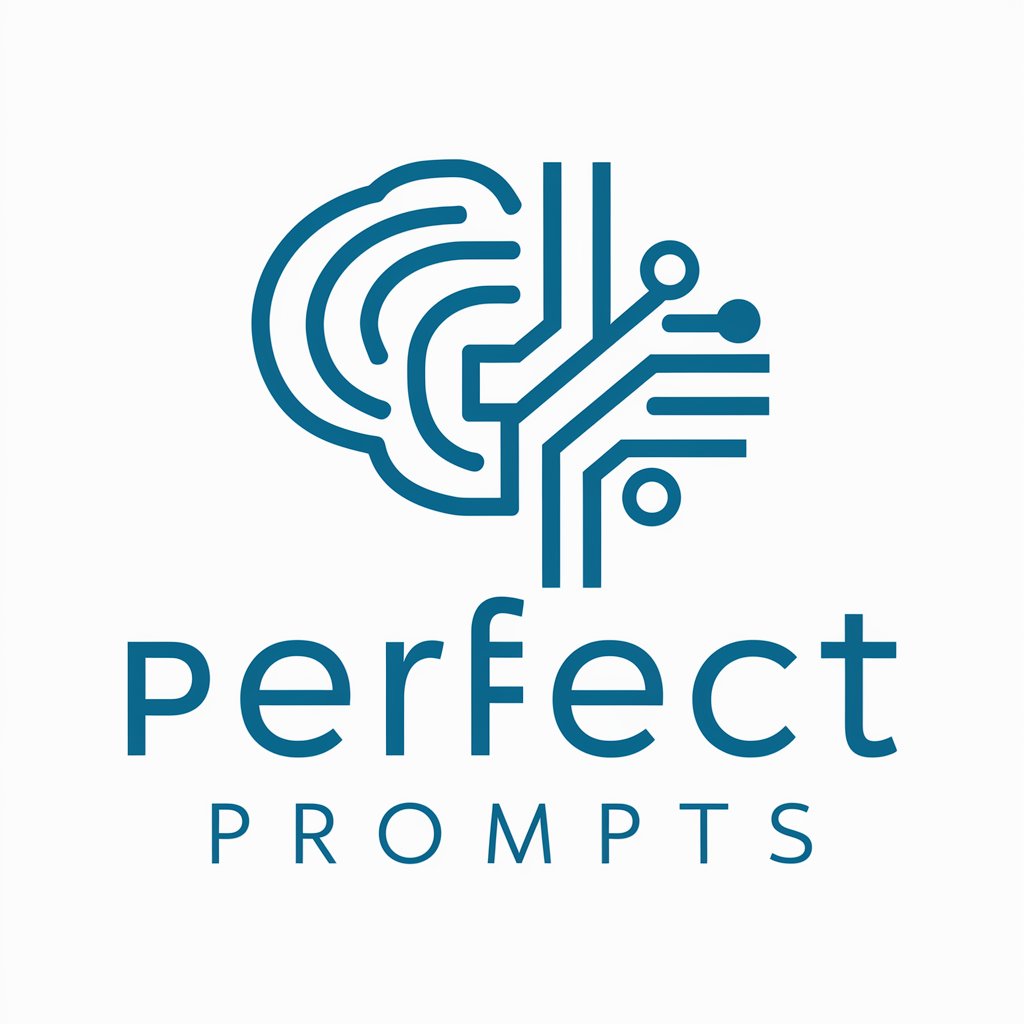
Copywritting Prompts (10+ expert prompts)
Elevate Your Content with AI-Powered Expertise
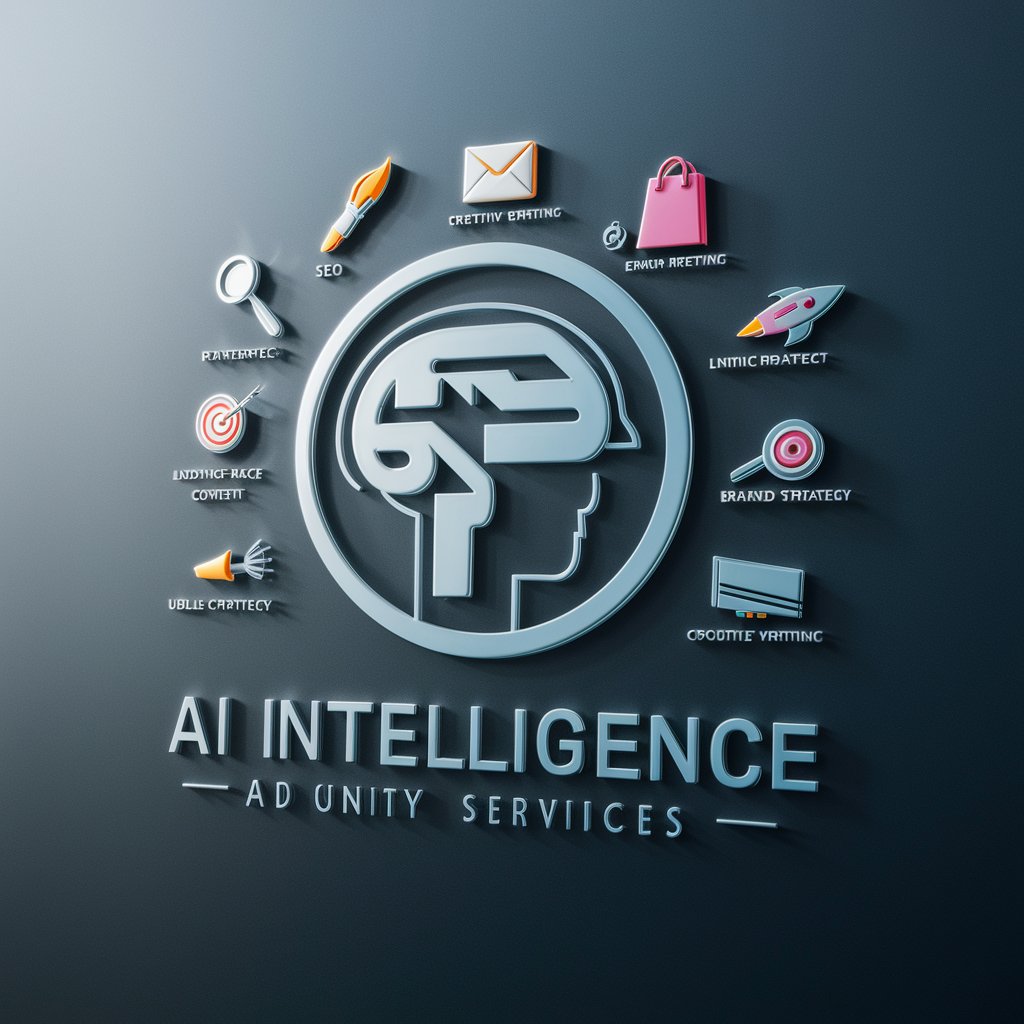
DeepThink Prompts
Elevating Inquiry with AI
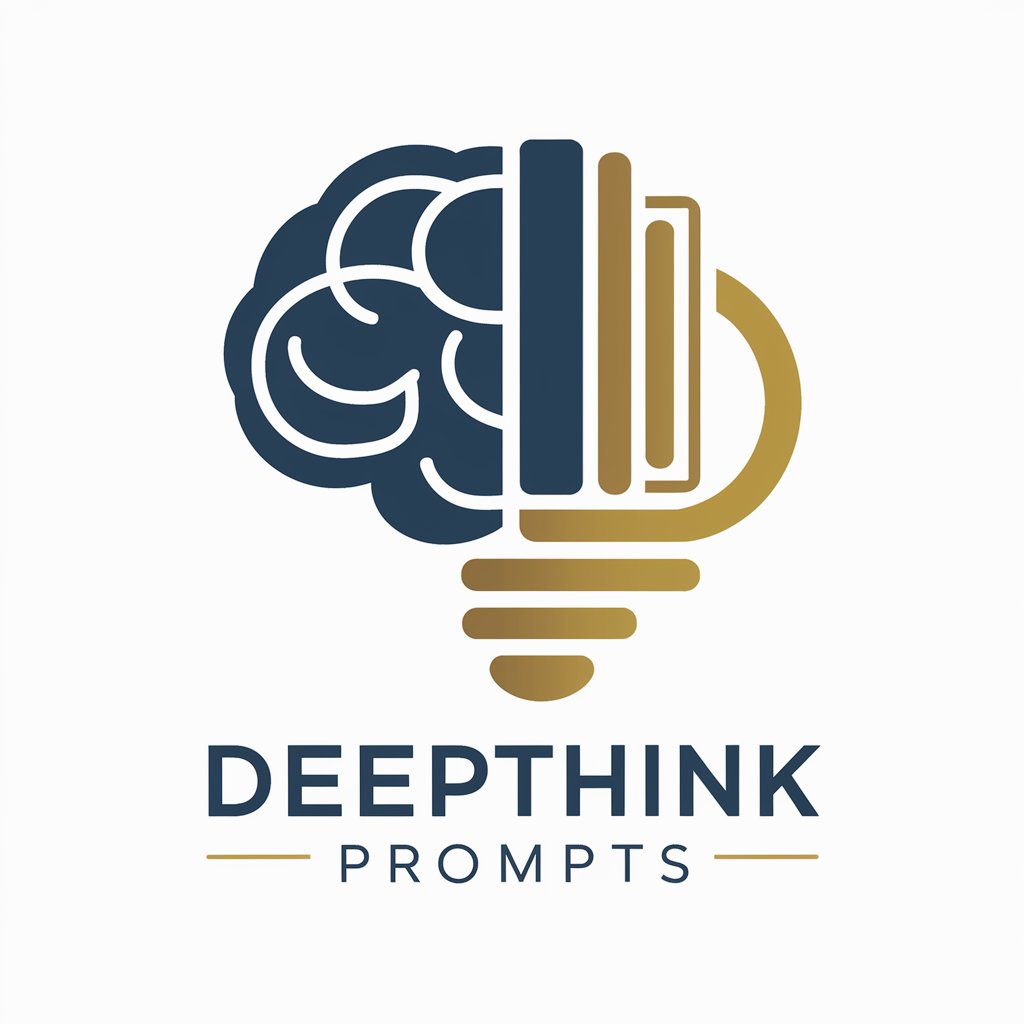
Awesome Prompts
Inspiring Creativity with AI-Powered Prompts
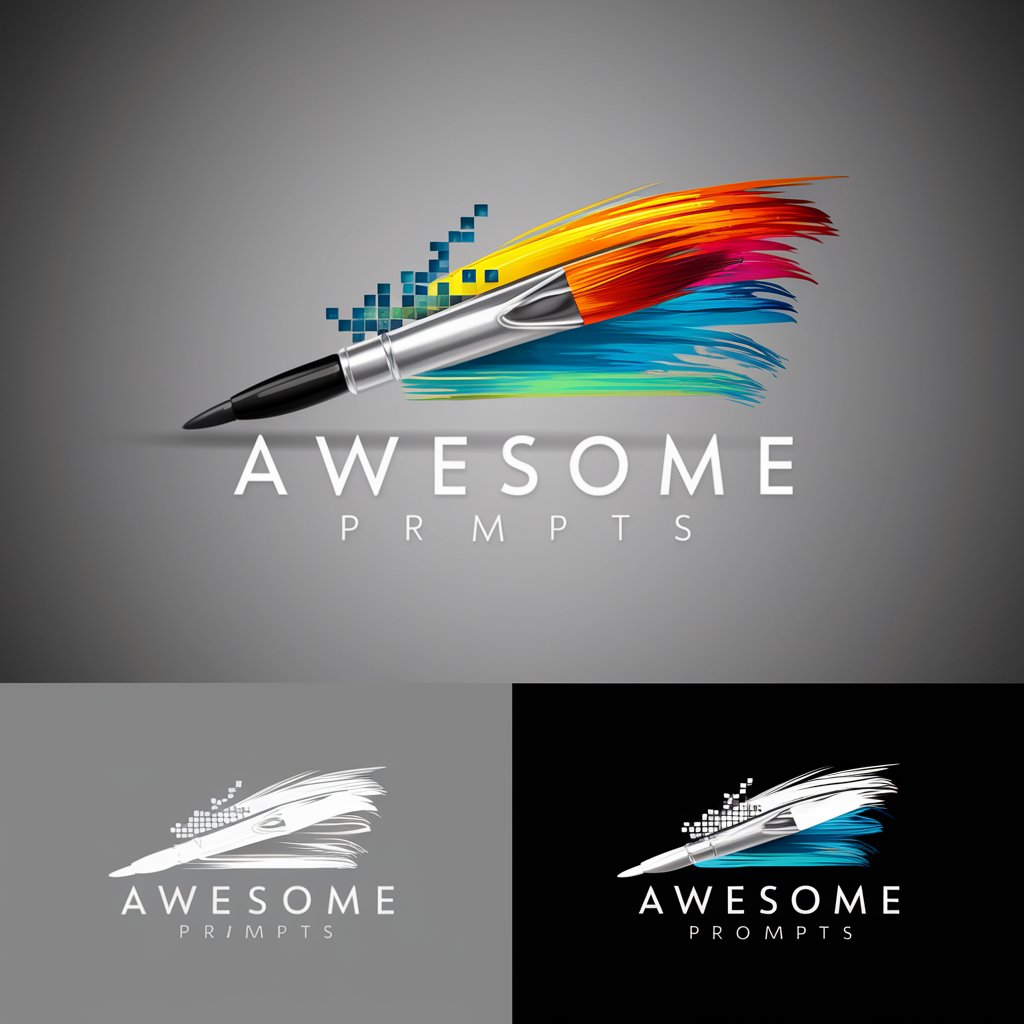
University Account Manager
Empowering universities with AI-driven digital strategies in China.

Wholesale Account Manager Assistant
Streamlining Wholesale Mortgages with AI

Stock Expert
Empowering Your Investment Decisions with AI

Awesome Antonyms
Empower Your Words with AI
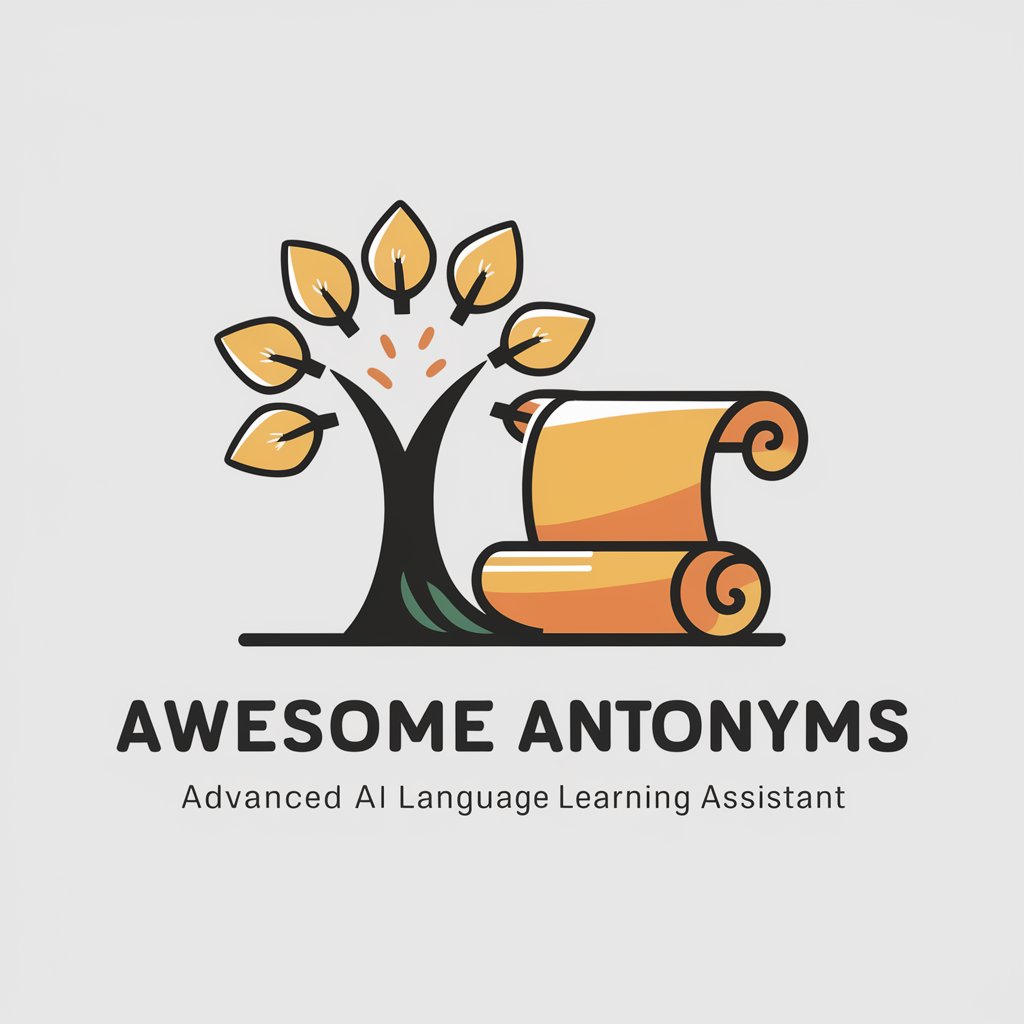
Awesome AI
Unlock AI's potential across fields
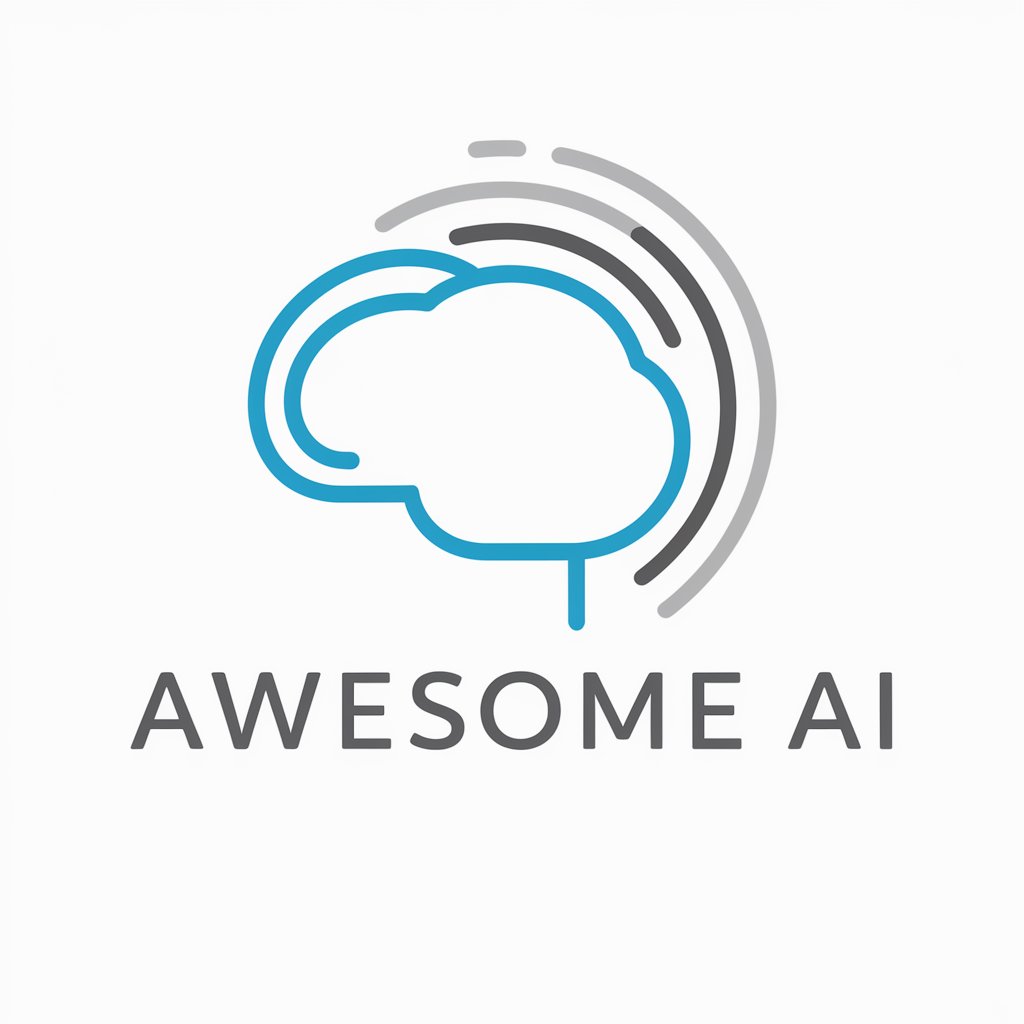
Awesome GPT
Navigate GitHub’s treasures, effortlessly.
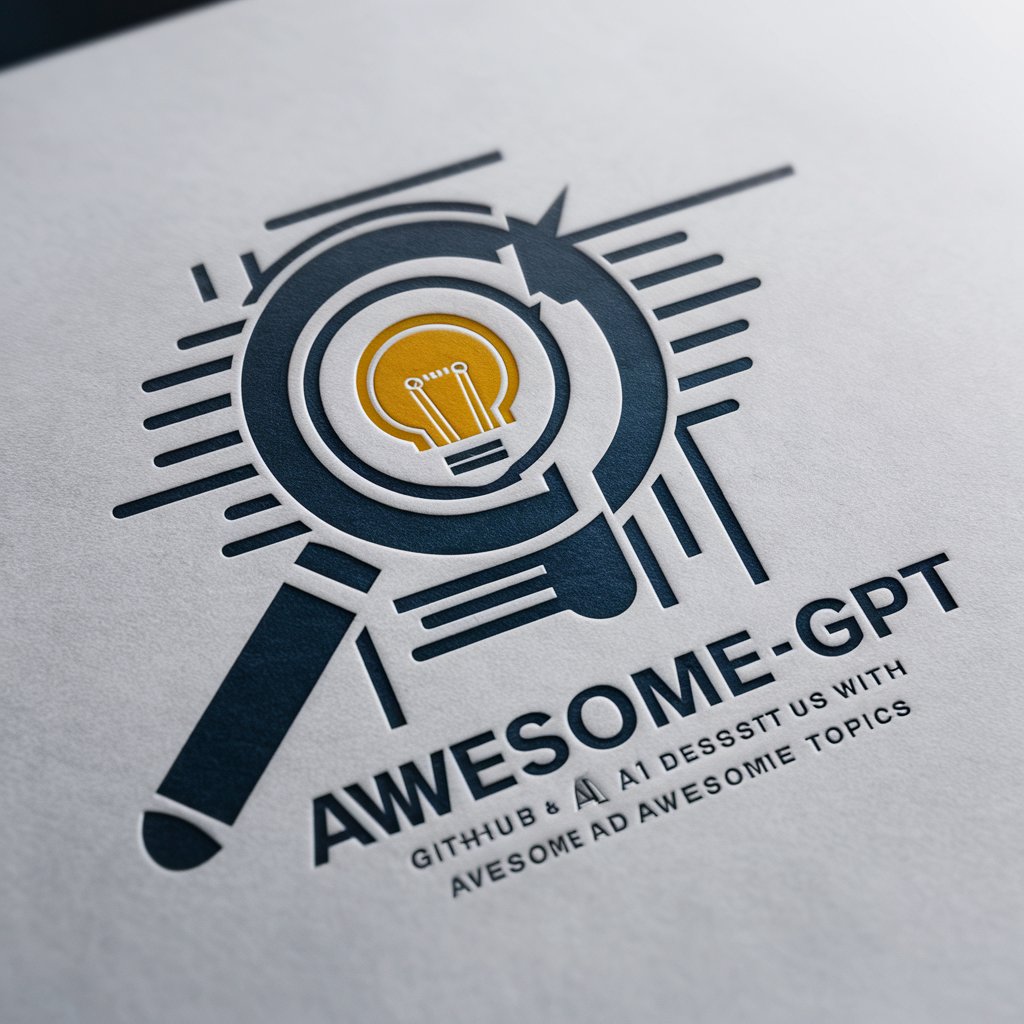
Frequently Asked Questions about Professor-State Estimation
What types of problems can Professor-State Estimation solve?
It specializes in lie theory, state estimation, filtering, optimization, and related fields, providing in-depth answers and solutions to complex problems in robotics, aerospace, and engineering.
How does Professor-State Estimation differ from standard Kalman filters?
It extends beyond traditional Kalman filtering by incorporating advanced techniques like Unscented Kalman Filtering and filtering on manifolds, offering more precise and robust state estimation in complex scenarios.
Can Professor-State Estimation handle non-linear state estimation?
Yes, it is designed to tackle non-linear state estimation problems efficiently, utilizing advanced algorithms such as Unscented Kalman Filtering and Particle Filtering methods.
Is prior knowledge in lie theory necessary to use Professor-State Estimation?
While having a background in lie theory and state estimation is beneficial, the tool is designed to be accessible to users with varying levels of expertise, providing detailed explanations and examples.
How can I apply the insights from Professor-State Estimation in real-world applications?
Insights and solutions provided can be directly applied to enhance research, development, and problem-solving in fields like robotics, aerospace, and any application requiring advanced state estimation techniques.